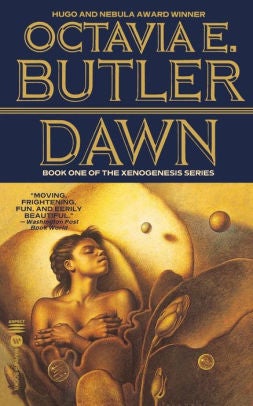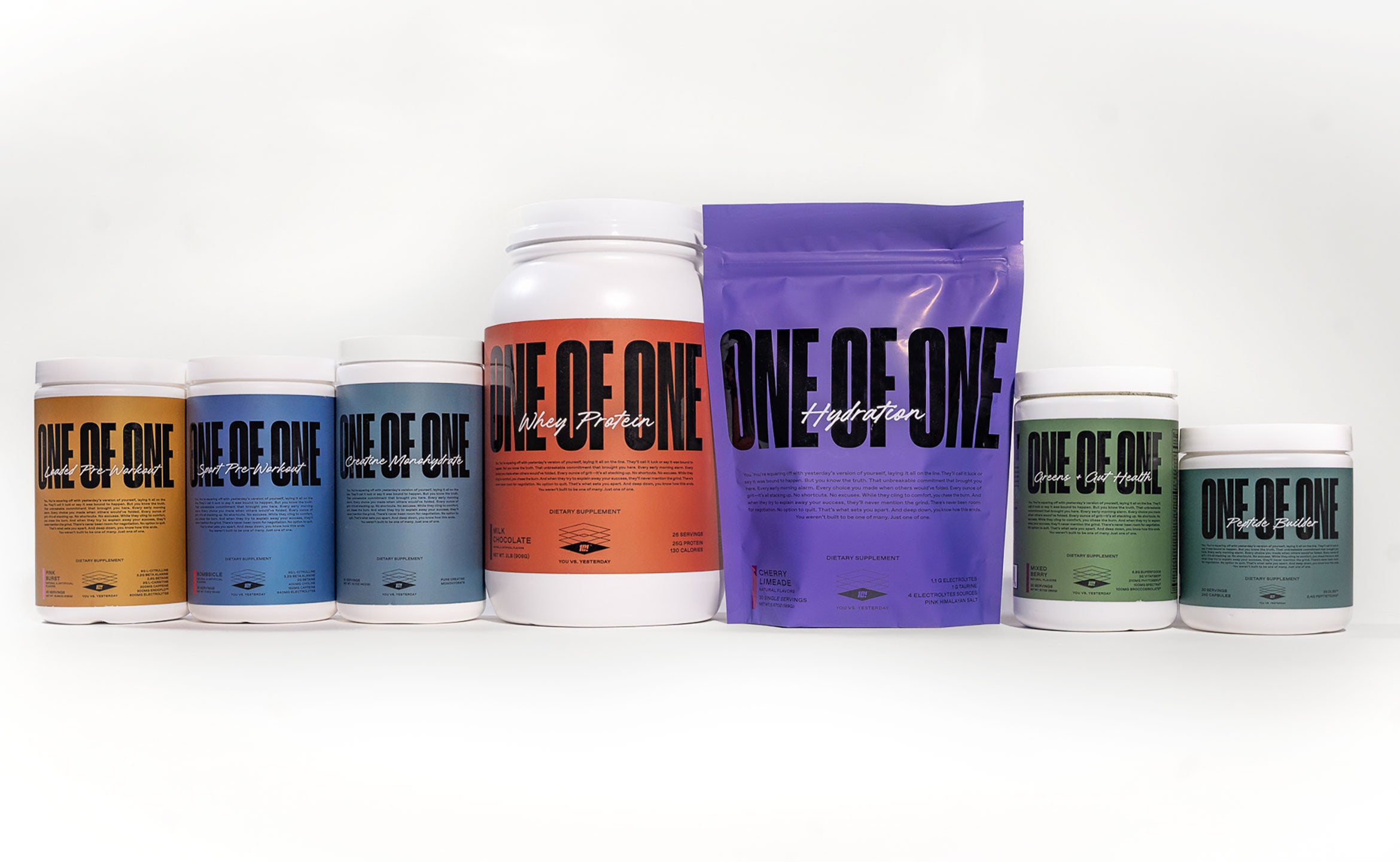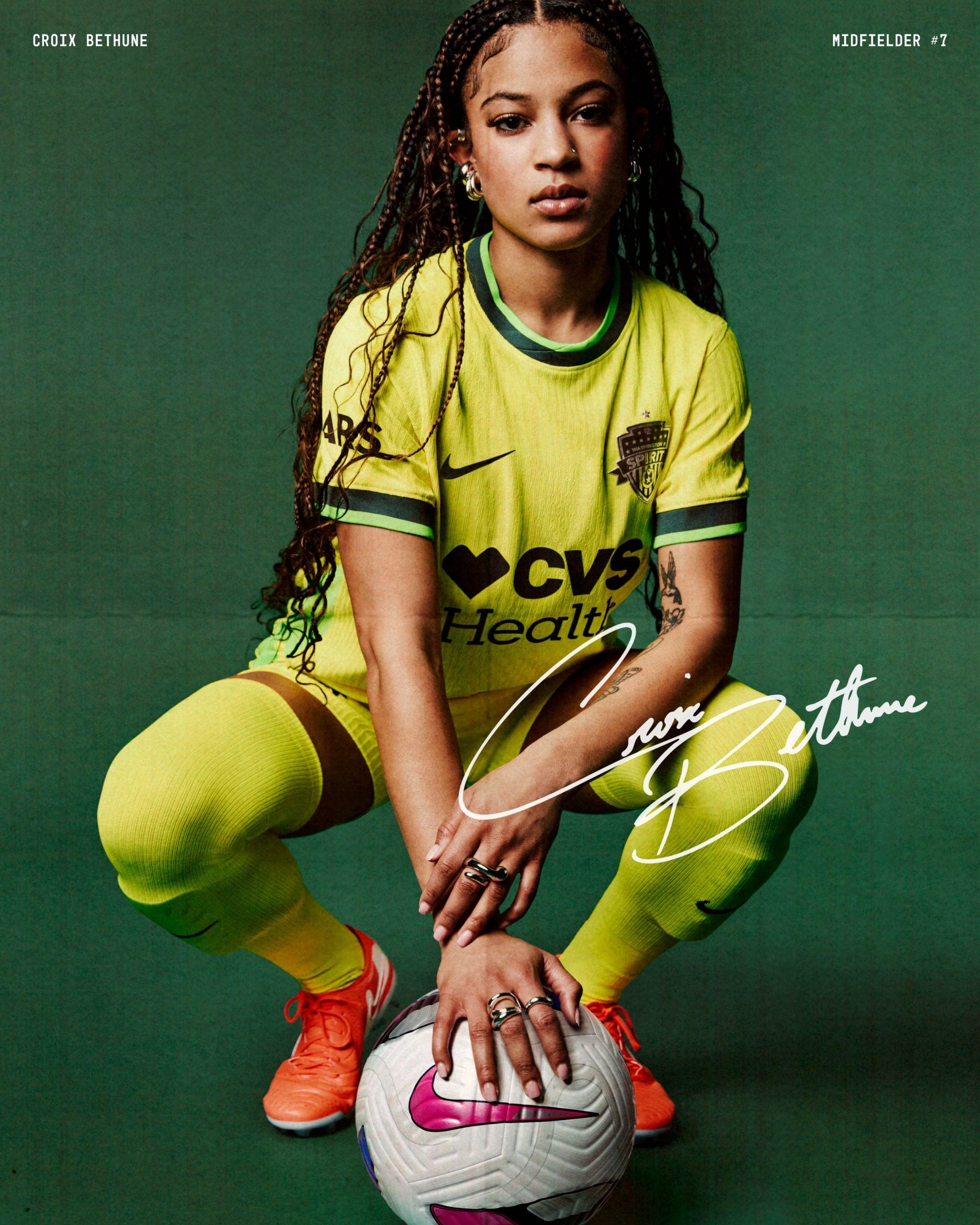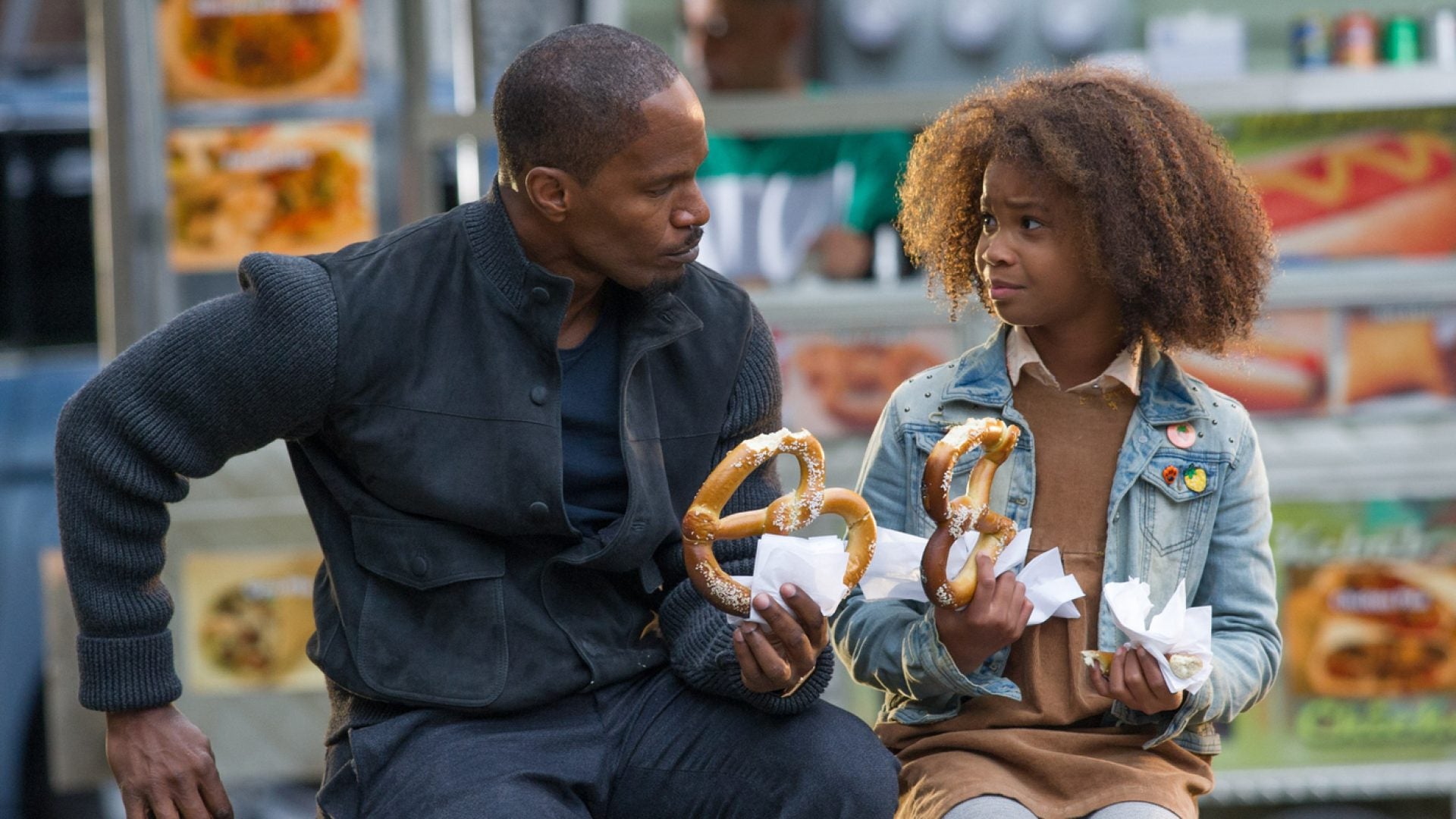
This article, “Black Girl Future,” originally appeared in the January/February issue of ESSENCE magazine, available on newsstands now.
A physicist once said that gravity is the curvature of the universe, caused by massive bodies, which determine the path that objects travel. When I close my eyes and replay that idea in my brain, all I see are celestial Black women with our curves and body, body, body….
Of course, we determine the path that objects travel. How else would they get where they are going? And we watch, mostly with wonder, often in laughter, as the deluded fall over themselves in gratitude for this labor that has little to nothing to do with them and everything to do with how we sculpt new realities into being—as the poet Lucille Clifton taught us—out of starshine and clay—an innate power that is activated when we are seen by each other.
In the 1800s, women’s rights activist Maria Stewart knew. She had abolitionists rushing to her side to support her messages of upliftment and liberation for enslaved Africans—but she stayed focused on the daughters of Africa, by declaring: “O ye daughters of Africa, awake! Awake! Arise! No longer sleep nor slumber, but distinguish yourselves. Show forth to the world that ye are endowed with noble and exalted faculties.”
She knew that freedom had to not just include us but start with us and radiate out from there. Maybe she whispered it to Audre Lorde in passing, because Audre knew it, too.
The author and feminist gave us the words to ground us in our power when she said, “We are African women and we know, in our blood’s telling, the tenderness with which our foremothers held each other.” She knew that we are the providers of our deepest sense of safety and community and love, and if we continue to see each other, then those feelings will continuously envelop us. And so often we have to find safety and community and love with each other—because it feels like the world we occupy in the present is hell-bent on depriving us of each of these, in new and unimaginable ways, every day.
Octavia Butler prepared us, too, because she saw what was coming and came back to seed Stacey Abrams—whose favorite book is Butler’s Dawn, about a single Black woman who is tasked with helping to save humanity. The thing is, we are the container from which all humanity springs. So we find ourselves saving ourselves, over and over again.

Black girls are magic, like CaShawn Thompson said. That magic is woven into the fabric of our being. We are miracles of survival and sanctuary, all at once. We have to remember that. No matter how much they attempt to bind us to the limits of a terrestrial memory, we have to remember that. None of this is new; we have been here before and left road maps.
That’s why Patrisse Cullors said, “I am hopeful for Black futures”: because she has seen the map. Our past dictates that we hold the line in our fights in the present—because our future depends on it. Black women know that intimately, like an oracle coven. It is a great mistake to assume the limitations often attributed to these shades of brown. Our depths are too complex for the uninvited to navigate; the magic we conjure too powerful for the uninitiated to comprehend. We are celestial beings filled with truth, creativity, wisdom, devotion, pride, peace, mystery, vulnerability, love and yes, magic. We apply balms and sweet oils on our scars; and carve new pathways so that our daughters might heal and find their way back to us—when they’re ready.







This world is not big enough to contain us, nor can it destroy us. We have been here before and we’ll be here again, surrendering to our power and laughing at the deluded who would crush our bodies if it meant they could steal the secrets therein. We hold generations in our spines, so our walks will never be easy. But sisters, we have conquered space and time. Toni Morrison knew it when she said, “Truth lies in our myths, in our songs—that’s where the seeds are. It’s not possible to constantly hone on the crisis. You have to have the love and you have to have the magic—that’s also life.”
Live, Black woman. Live.
Tarana Burke (@TaranaBurke) is a human-rights activist based in New York City.






